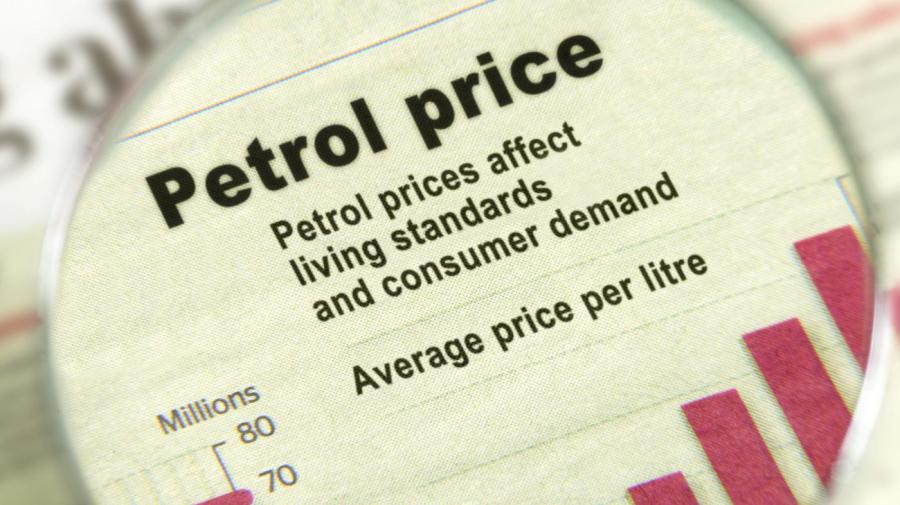What Is a Price Searcher in Economics?

In economics, a price searcher is a person who sells products, goods or services and influences the price of the item by the amount of units sold of each of these commodities. Price searchers generally set their own prices for the commodities they sell because there is a single price market present for these commodities.
Price searchers will often lower the price of the items or services they are selling when there is a lower number of items that need to be sold, whether to reach a profit margin or a specified goal. Price searchers often have unique products that are sold only by them. They generally do not have a large amount of competitors for the products they sell. Price searchers are different and often more successful than the people and businesses that are price takers. Price takers simply accept the market value for a commodity and sell their commodities according to that value. Their demand curve does not increase or decrease because there are many other people on the market who are selling the same product. They do not have the power in a market to change the price of an item to help increase their own profit margins.





